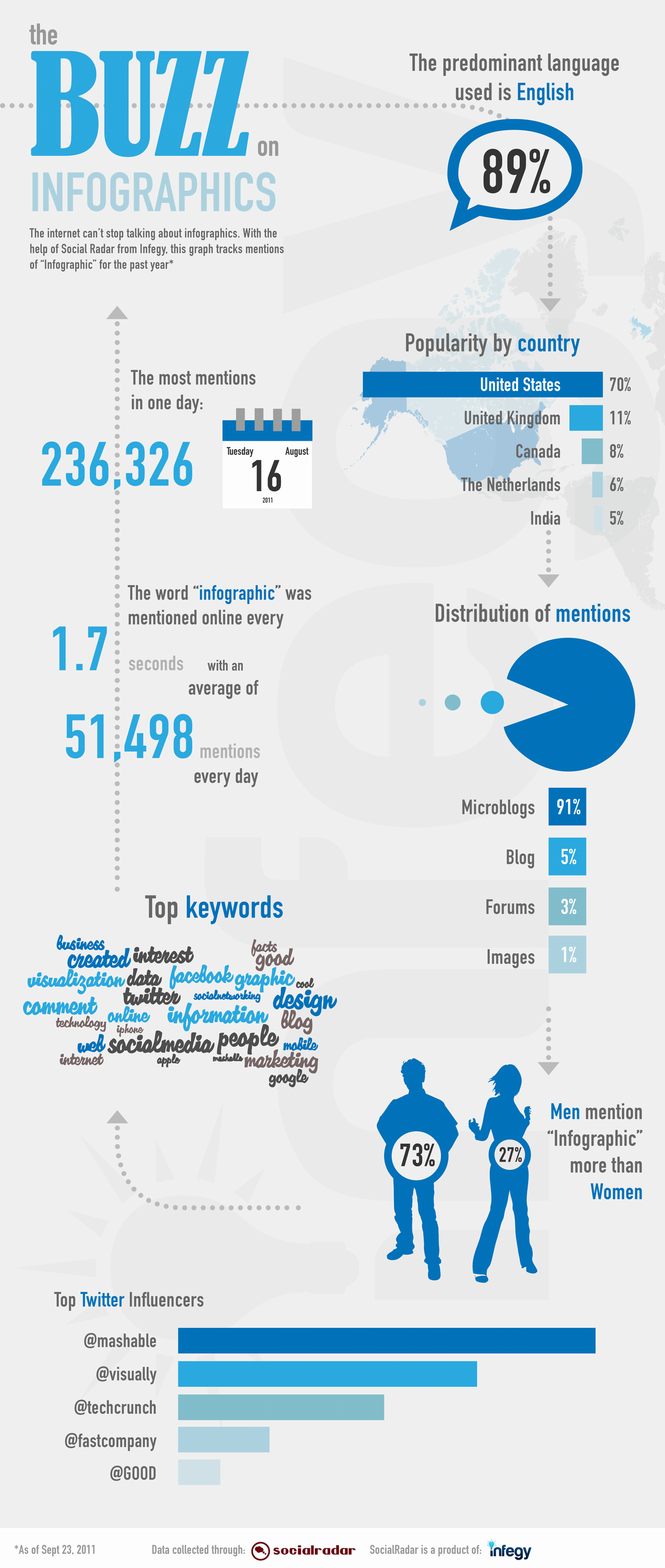No one has ever written back and asked why.
I have no problem with press releases, of course. I think most PIOs and their private-sector equivalents do outstanding work and the only reason the anonymous unthanked minions writing releases are unheralded by the public is because the public does not realize just how much of numerous mainstream news stories is taken from press releases. There is a reason that flesh-eating bacteria and studies saying dinosaurs could be ruling on other planets get so much attention in top newspapers - they were in press releases. Corporate media love weak observational studies, they just need a snazzy press release to show them the way.
Infographics are a weird, newer blight that is all the rage - so popular we might soon see Columbia University offering a two-year course in it, to replace that $90,000 environmental journalism boondoggle they finally shuttered when it became apparent they were ripping young people off.
This is the kind of crap I am talking about, though let's be honest, there is a reason Gawker has 80 million page views a month and Science 2.0 does not, so they know what they are doing:

Credit and link: Gizmodo, who also highlight some good ones, though those are done to augment news stories, not for marketing or, worse, giving you reasons to carry infographics.
No one wants to buy an ad any more, they all want to do "guerrilla advertising" - basically, they want you to promote them for free and help them 'go viral'. And they think by hacking together some graphic about some vague topic that was spit out by a Google Trends algorithm they can do our audience a real favor. They just want a link in return.
Hey, I have no issue with that, I know how the world works, but the first problem is they often don't see how insulting it is. Paid marketing people with an algorithm written by paid programmers are representing a company and employees all getting paid and everyone in that chain thinks my time and our audience are valueless - only worth 'free'. Yet that's not the biggest problem.
The biggest problem is that often the content just plain stinks.
Look, if it's interesting, we're going to carry it. We want to carry it, we are in the business of giving content to people. But just because you got paid to promote it does not make it interesting.
Instead, few of them think about making the content good, they just make the content and pay someone to spam sites with it and hope someone bites. Nichole Kelly at Socialmediaexplorer.com mentioned something in a recent article that I thought was hilarious; some companies even create an infrographic to help people creating infographics create content so that they can 'go viral.'
You know why flu vaccines aren't 100% effective? Because you can't actually predict how to go viral - that is why the term was adopted for an unpredictable Internet phenomenon. You can't predict Grumpy Cats and that Psy guy. Instead of understanding what it means, though, they opted to turn their content into a disease and hope we all want to catch it.
"Your customers don’t care about your products," Kelly notes, and that is absolutely correct. As the saying goes, no one who ever bought a drill wanted a drill - they wanted a hole. If your goal in writing to Science 2.0 is to promote your brand, you are already coming from the wrong place, because I didn't spend all this time and money to make it easier to promote your brand, I did it to allow scientists and writers to talk to the audience without weird editorial or corporate influence. If you are not facilitating that, you are in the liability column, not the asset one, no matter how many times you write and tell me how the audience will benefit from your covert product placement.
There's no defined formula for success, no matter what an infographic tells you, but there is a formula for failure, and putting your marketing ahead of the people you are marketing to is at the top of that ingredient list.
But I don't want you to stop sending them to me, even the terrible ones. Because even a blind squirrel finds a nut once in a while.





Comments